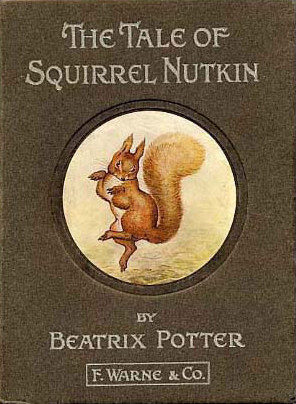
A recent paper suggests that the animal world, untroubled for aeons by any notion of conscience, has a lot to answer for:
The idea that humans are not really much different from other animals has resulted in an interesting reversal: Writing about non-human animals as if they were humans. A recent essay in Behavioral Ecology, for example, interpreted “wealth inequality” among animals as if the animals were people:
“Squirrel privilege is real.” “Checking Privilege in the Animal Kingdom.” “Even Hermit Crabs Have Wealth Inequality.”
“These headlines hail from Salon and New York Times, respectively, and represent a growing trend among scholars and the media to tackle animal “inequality” — and also argue humans can learn important lessons about income inequality and privilege from such studies.” – Daniel Nuccio, “‘Checking Privilege in the Animal Kingdom’: Biologists Investigate Animal ‘Inequality’” at the College Fix (June 21, 2022) the Paper Referenced Is Open Access.
But what does it mean for academics to discuss “privilege” and “inequality” in a world of squirrels, who live without reason, ethics, or law?
Denyse O’Leary, “Can squirrels really be socially unjust? Check their privilege?” at Mind Matters News (June 27, 2022)
Takehome: Researchers long assumed that people think like animals. But the equation reads the same in reverse: Animals think like people. Folklore soon trumps reality.
You may also wish to read: A Great Reset historian muses on what to do with “useless” people. Transhumanist Yuval Noah Harari, a key advisor to the World Economic Forum, thinks free will is “dangerous” and a “myth.” It’s not clear that, given his intense, dramatic focus on “useless,” “meaningless,” and “worthless” people, Harari is far off from totalitarianism.